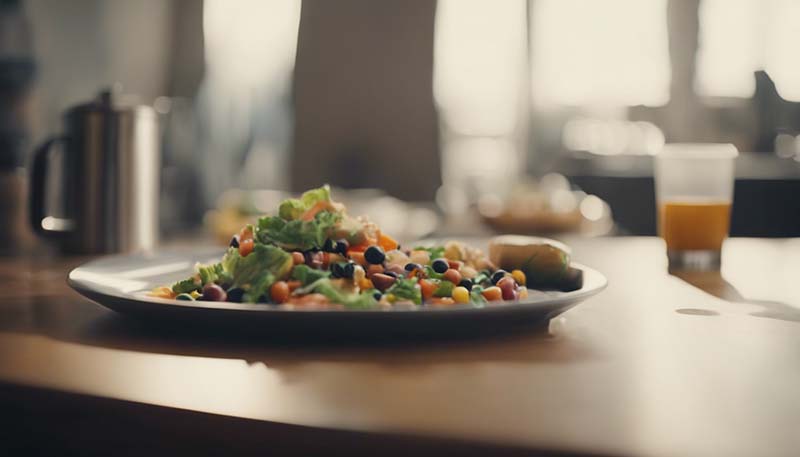The Role of Nutrition in Recovery for Contact Sports
2024-04-27
The Role of Nutrition in Recovery for Contact Sports
When it comes to contact sports, the physical demands placed on athletes are immense. The high-intensity nature of these sports, combined with the risk of injury, means that proper recovery is crucial for maintaining performance and overall health. One of the most important factors in this recovery process is nutrition. In this article, we will explore the role of nutrition in recovery for contact sports, including the specific nutrients that are most beneficial and how to incorporate them into an athlete's diet.
Introduction
Contact sports, such as football, rugby, and boxing, are characterized by their high levels of physical contact and the potential for injury. As a result, athletes participating in these sports need to prioritize their recovery to ensure they are ready for their next game or training session. Nutrition plays a key role in this recovery process, as it provides the necessary building blocks for tissue repair and replenishment of energy stores.
The Importance of Protein
Protein is one of the most important nutrients for athletes participating in contact sports. It is essential for tissue repair and the maintenance of lean muscle mass. When selecting protein sources, it is important to choose high-quality options that provide a complete amino acid profile. Some of the best protein sources for contact sport athletes include:
Advertisement
- Lean meats, such as chicken, turkey, and lean beef
- Fish, such as salmon and tuna
- Dairy products, such as Greek yogurt and cottage cheese
- Plant-based proteins, such as beans, lentils, and tofu
Carbohydrates for Energy
Carbohydrates are the body's primary source of energy, making them crucial for athletes participating in high-intensity contact sports. Consuming enough carbohydrates helps to replenish glycogen stores that are depleted during training and competition. Additionally, carbohydrates play a role in the repair and rebuilding of muscle tissue. Some good sources of carbohydrates for contact sport athletes include:
- Whole grains, such as brown rice, quinoa, and whole wheat pasta
- Starchy vegetables, such as sweet potatoes and squash
- Fruits, such as bananas, apples, and berries
Healthy Fats for Inflammation and Recovery
Healthy fats, such as omega-3 fatty acids, play a crucial role in reducing inflammation and promoting recovery in athletes. They also provide a source of sustained energy and support overall health. Some good sources of healthy fats for contact sport athletes include:
- Fatty fish, such as salmon, mackerel, and sardines
- Nuts and seeds, such as almonds, walnuts, and flaxseeds
- Avocado
- Olive oil
Hydration and Electrolyte Balance
Staying hydrated is essential for all athletes, but it is especially important for those participating in contact sports due to the high levels of physical exertion and potential for dehydration. Proper hydration helps to maintain electrolyte balance, which is crucial for muscle function and overall performance. To ensure adequate hydration, athletes should:
- Drink water consistently throughout the day
- Consume electrolyte-rich beverages, such as sports drinks, when engaging in prolonged or high-intensity exercise
- Monitor urine color and output as an indicator of hydration status
Timing of Nutrition Intake
The timing of nutrition intake is also important for optimal recovery. Consuming a meal or snack containing both protein and carbohydrates within 30-60 minutes of exercise can help to maximize muscle repair and replenish glycogen stores. Additionally, eating regular meals and snacks throughout the day can help to maintain energy levels and support recovery.

Conclusion
In conclusion, nutrition plays a vital role in the recovery process for athletes participating in contact sports. By prioritizing protein, carbohydrates, healthy fats, hydration, and proper timing of nutrition intake, athletes can support their recovery and maintain optimal performance. It is important for athletes to work with a sports dietitian or nutritionist to develop a personalized nutrition plan that meets their specific needs and goals.
Comments